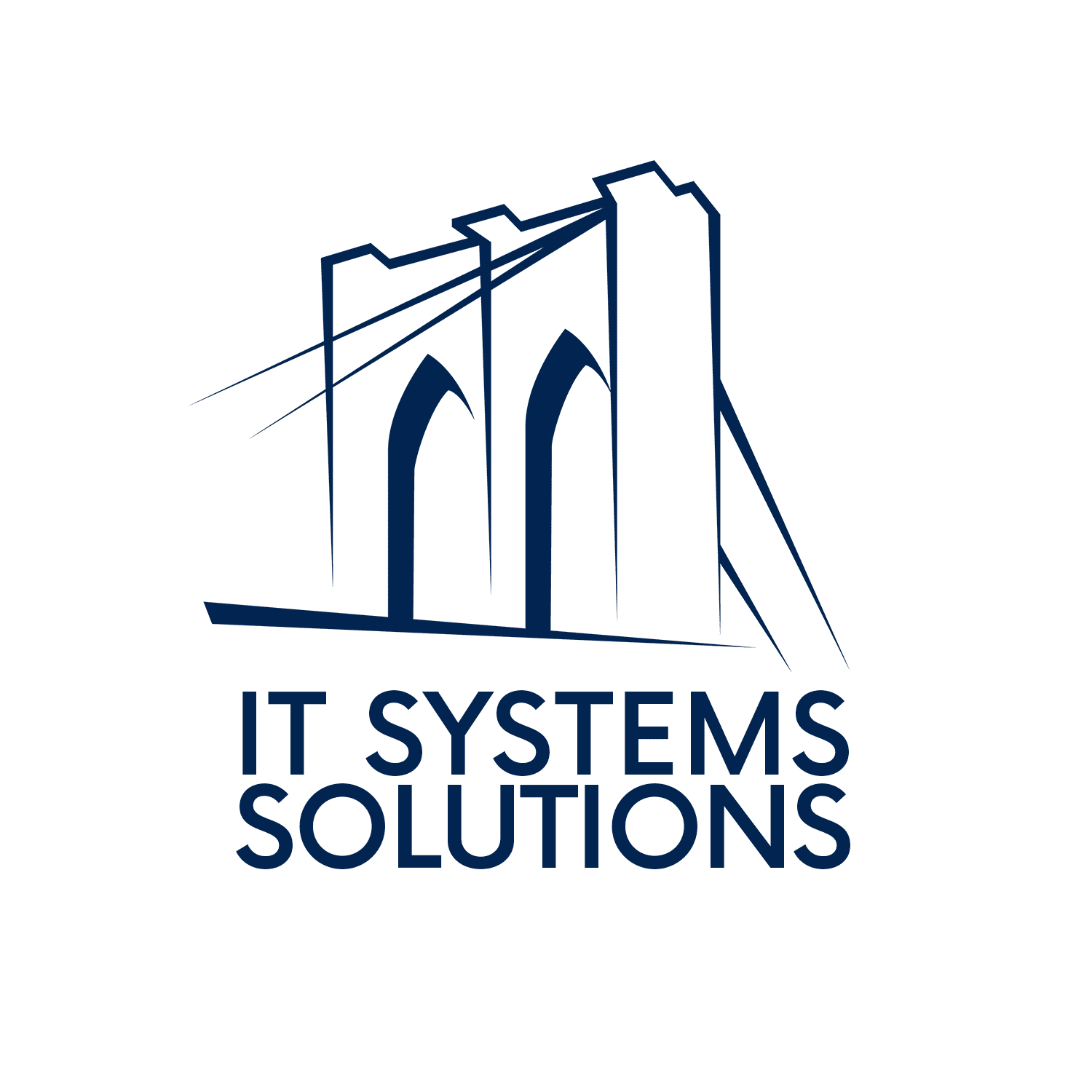For those not in the industry, technology can be complicated and even confusing. There are many aspects of technology that should be left to the professionals. Because of this, few truly know the ins-and-outs of the industry, but there are some things everyone should know. Here are some tech secrets about the industry that you need to know.
Geography Means Nothing:
The modern IT landscape goes beyond geographical boundaries. As information and data travels across the globe at the speed of light, collaborative efforts seamlessly transcend time zones. Knowledge and key positions are no longer exclusive to borders, and businesses must embrace a global perspective. Successful implementation demands cross-cultural understanding, accommodating diverse viewpoints, and leveraging the collective brilliance that goes beyond what any one individual is capable of.
Certifications Don’t Guarantee Experience:
Certifications have long been considered the epitome of expertise within the IT realm. However, the industry’s multifaceted nature requires a deeper evaluation of competence. While certifications validate theoretical knowledge, they fall short in assessing the practical skills required to tackle real-world challenges. True mastery is born from experience, critical thinking, and adaptability. Therefore, businesses must discern between certified individuals and those who possess the hands-on wisdom to unravel complex technology problems.
There’s No Such Thing as Being 100% Secure:
In the realm of cybersecurity, the pursuit of absolute invulnerability remains a tantalizing but unattainable dream. As technology advances, so do the methods employed by malicious actors. The ever-evolving threat landscape requires a proactive and multi-faceted security approach. Acknowledging the inevitability of breaches, businesses must adopt a mindset of resilience, focusing on rapid detection, response, and continuous improvement to mitigate potential risks.
Default Equipment is Not Adequate for Businesses:
In IT operations, default equipment serves as the introductory note, not the crescendo. Businesses must recognize that customized solutions tailored to their unique requirements will yield the best outcome. Default configurations may inadvertently create vulnerabilities, hamper efficiency, and limit scalability. By investing in tailored technologies, companies unlock the potential to orchestrate their IT strategies with precision and finesse.
